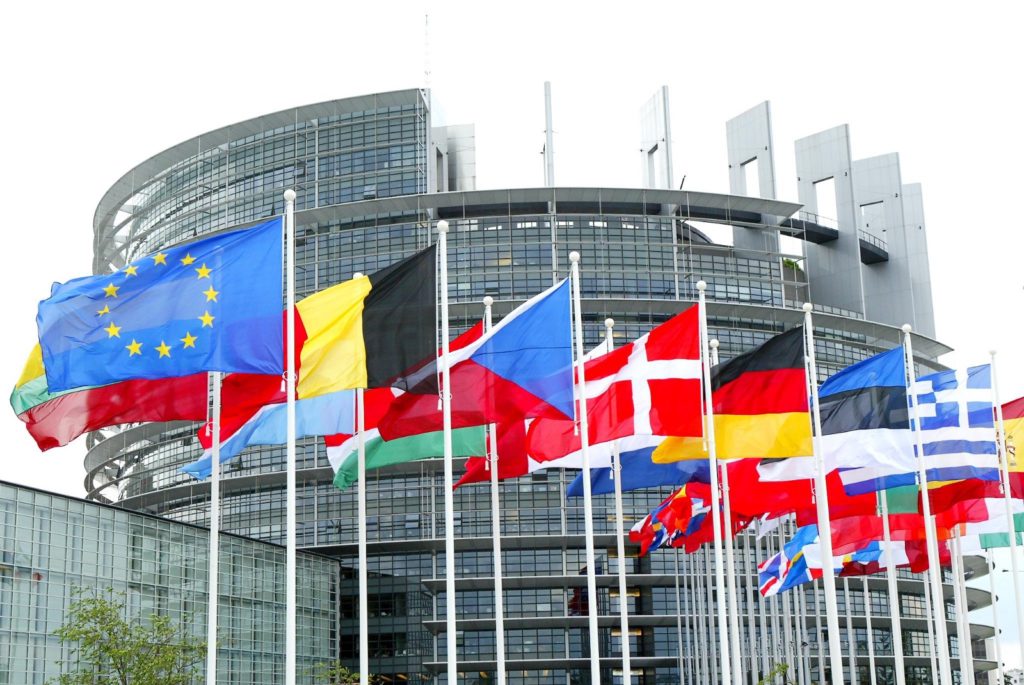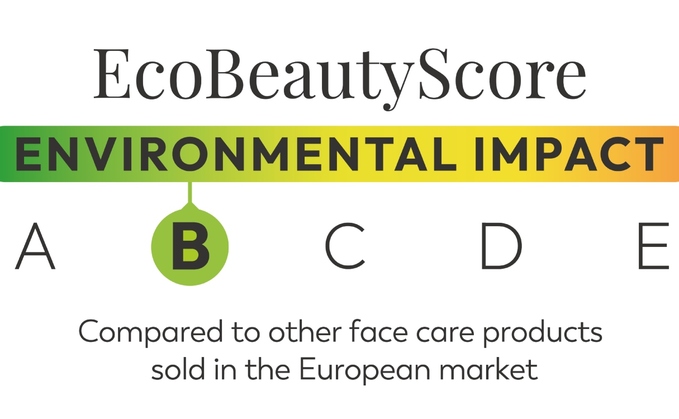EU Parliament Approves Rules to Boost Gender Equality on Corporate Boards

- 40% of non-executive director posts should go to the under-represented sex
- Dissuasive penalties for companies that do not comply with the rules
- Small and medium-sized enterprises with fewer than 250 employees will be excluded
By July 2026, all big publicly listed companies in the EU will have to take measures to increase women’s presence at their helm.
The adoption of the so-called “Women on Boards” Directive on Tuesday comes ten years after the proposal was first made. It aims to introduce transparent recruitment procedures in companies, so that at least 40% of non-executive director posts or 33% of all director posts are occupied by the under-represented sex by the end of June 2026.
Merit must remain the key criterion in selection procedures, which should be transparent, according to the new rules. Listed companies will have to provide information about the gender representation on their boards to the competent authorities once a year and, if the objectives have not been met, how they plan to attain them. This information will be published on the company’s website in an easily accessible manner.
Small and medium-sized enterprises with fewer than 250 employees are excluded from the scope of the directive.
Penalties
Member states need to put in place rules on effective, dissuasive and proportionate penalties, such as fines, for companies that fail to comply with open and transparent appointment procedures. A judicial body could also annul the board of directors selected by the company if it breaches the principles of the Directive.
See related article: EU Cohesion Policy: €37.3 Billion for Spain to Support its Green Transition and a Fair and Competitive Economy
Quotes by the rapporteurs
Evelyn Regner (S&D, AT), co-rapporteur, said: “The adoption of the ‘Women on Boards’ Directive ten years after it was proposed is an important step forward for gender equality. We are finally giving women a fair chance to be in top corporate positions and improving corporate governance. Women are innovative, smart, strong and capable of many things. We are removing one of the main hurdles for women to get the ‘top jobs’: informal male networks. From now on, competence will count more in a selection procedure than ever before, as will transparency.”
Lara Wolters (S&D, NL), co-rapporteur, added: “In the ten years that this Directive sat on the shelf, boardrooms remained predominantly the realm of men. But in those countries where binding quotas were introduced, considerably more women were appointed. With this law, those countries will no longer be the exception, and gender balance in the boardrooms of listed companies will become the norm throughout the EU.”
Next steps
Now that Parliament and Council have formally approved the agreement, the Directive will enter into force 20 days after it has been published in the EU’s Official Journal. Member states will need to implement the rules within two years.
Background
The European Commission first presented its proposal in 2012 and the European Parliament adopted its negotiating position back in 2013. The file was blocked in the Council for almost a decade, until Employment and Social Affairs ministers finally agreed on a position in March 2022. Parliament and Council negotiators struck a deal in June.
In 2021, only 30.6% of board members in the EU’s largest publicly listed companies were women, with significant differences among member states (from 45.3% in France to 8.5% in Cyprus). Even with increases in representation on boards, in 2022 fewer than 1 in 10 of the largest listed companies in EU countries have a woman chair or CEO.
Source: EU Parliament













